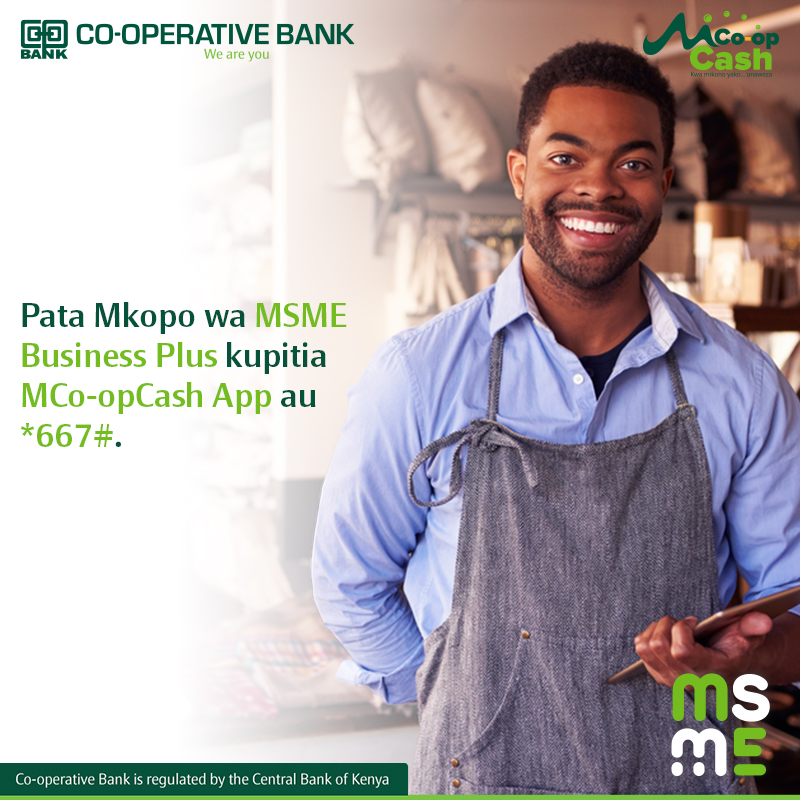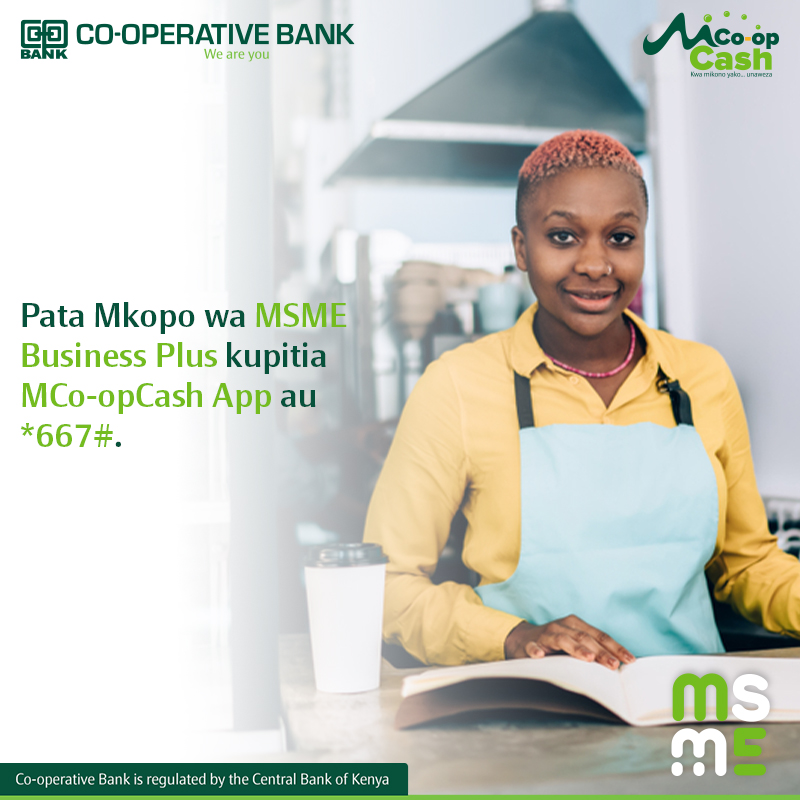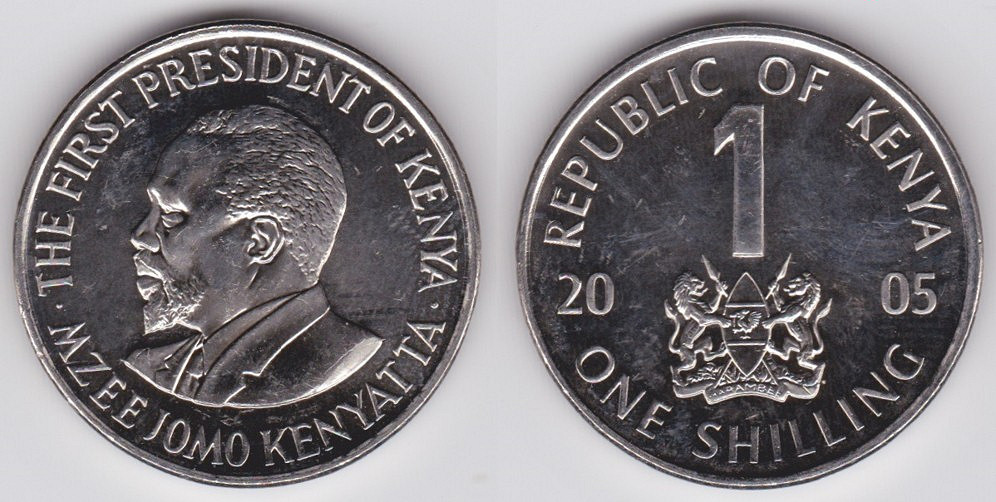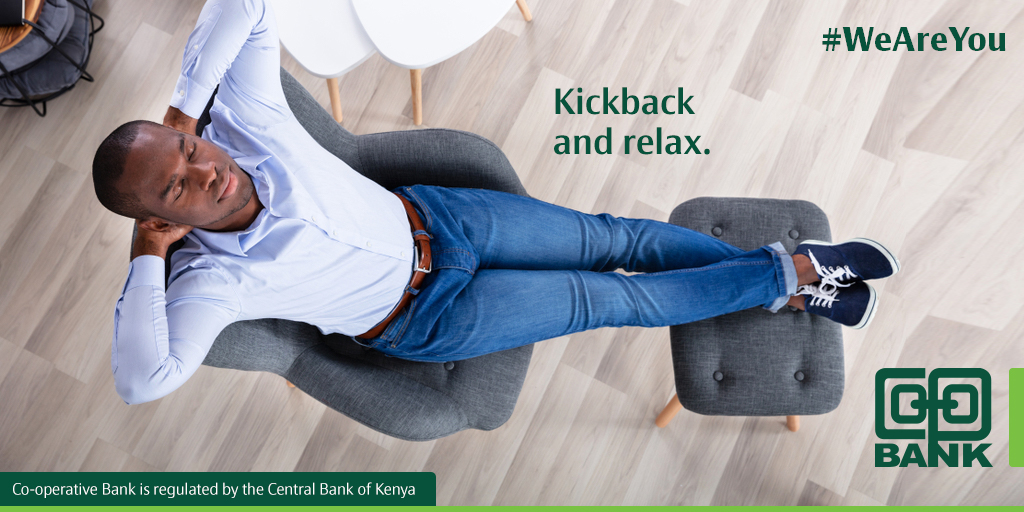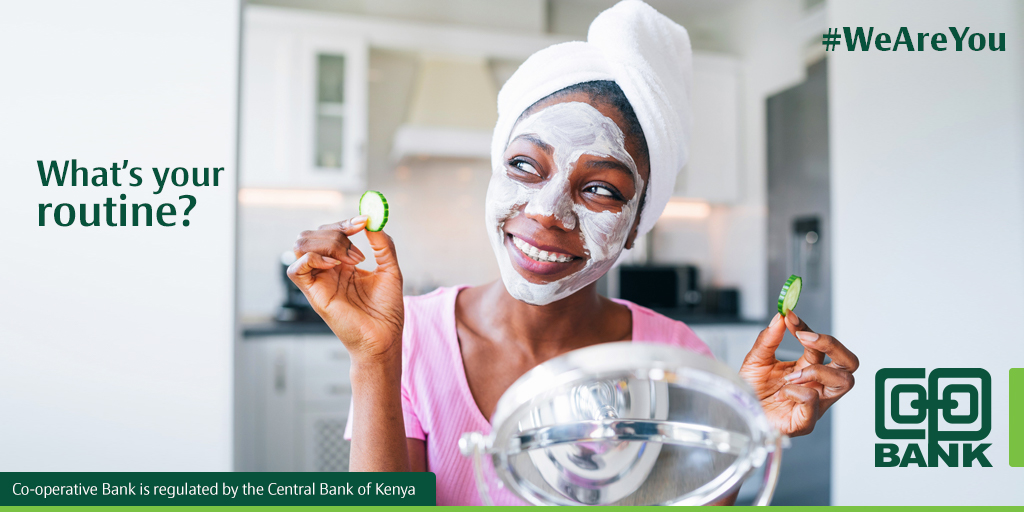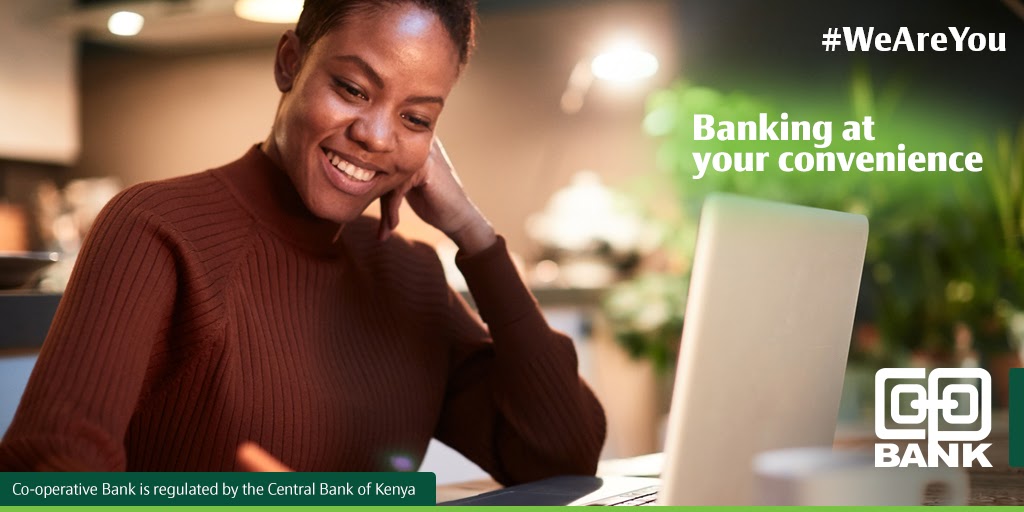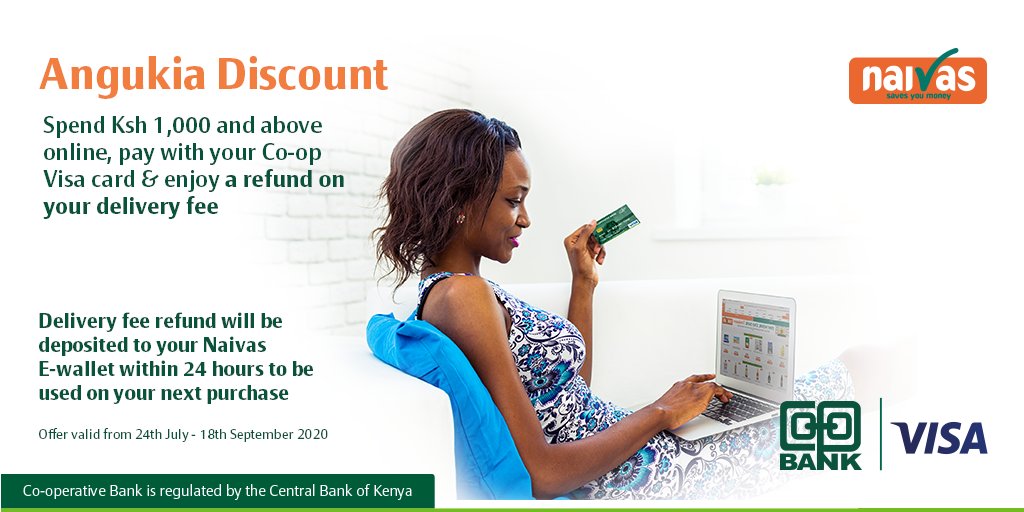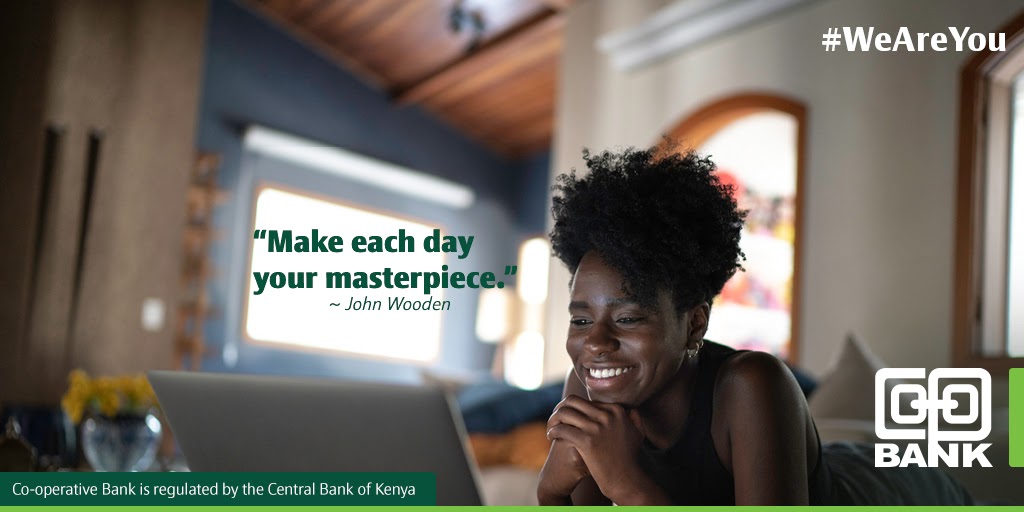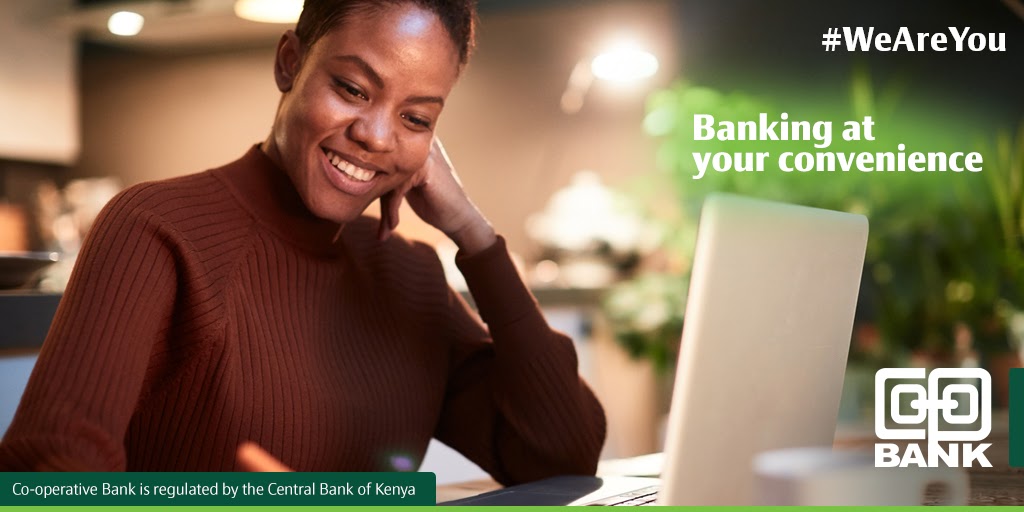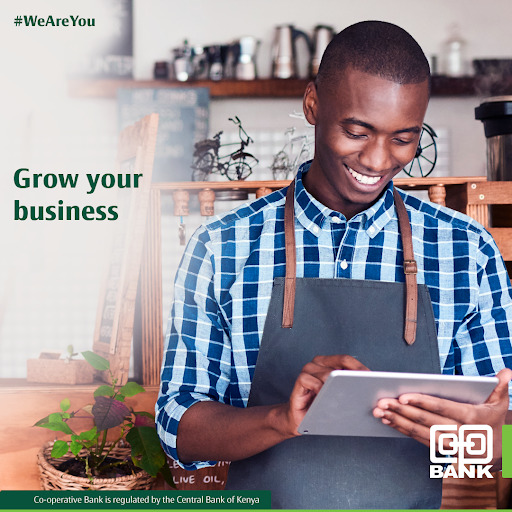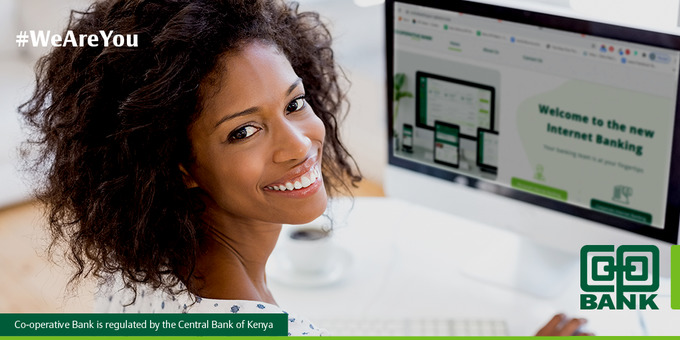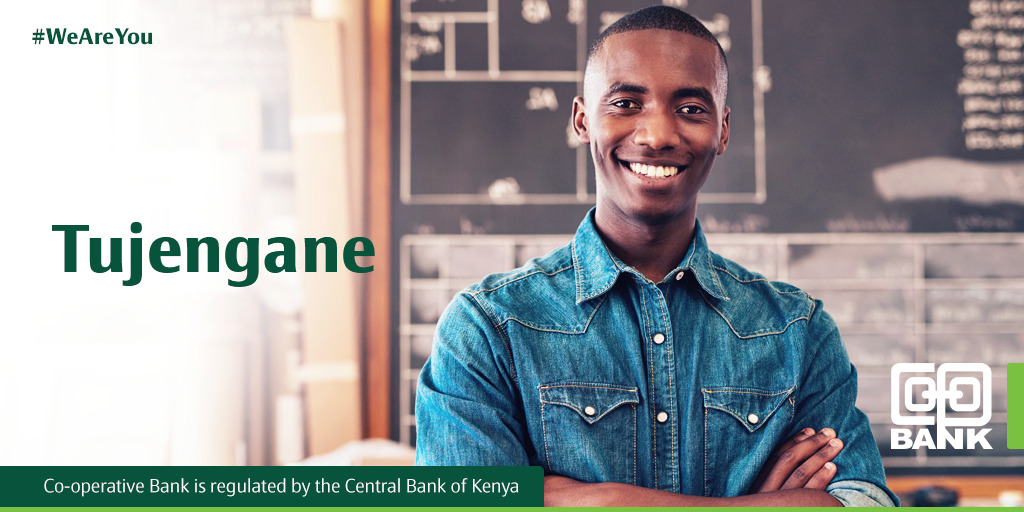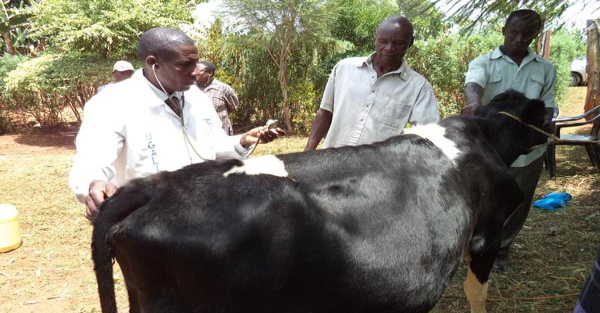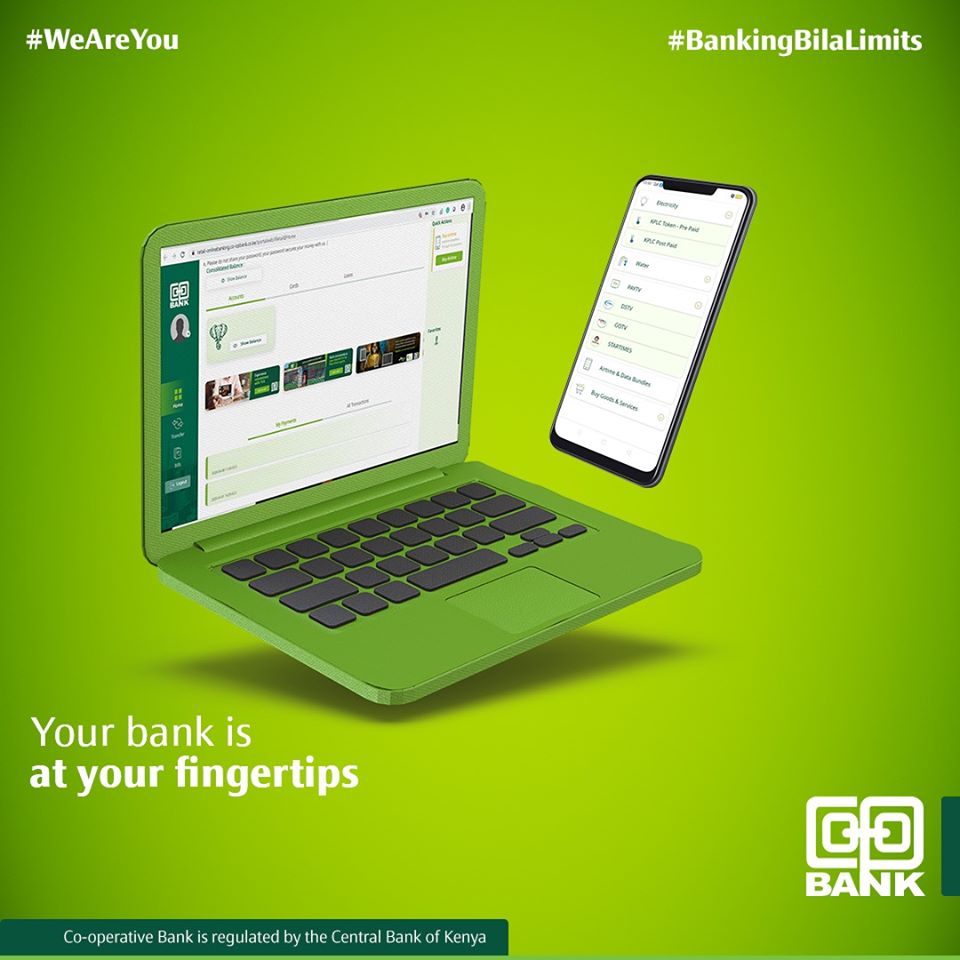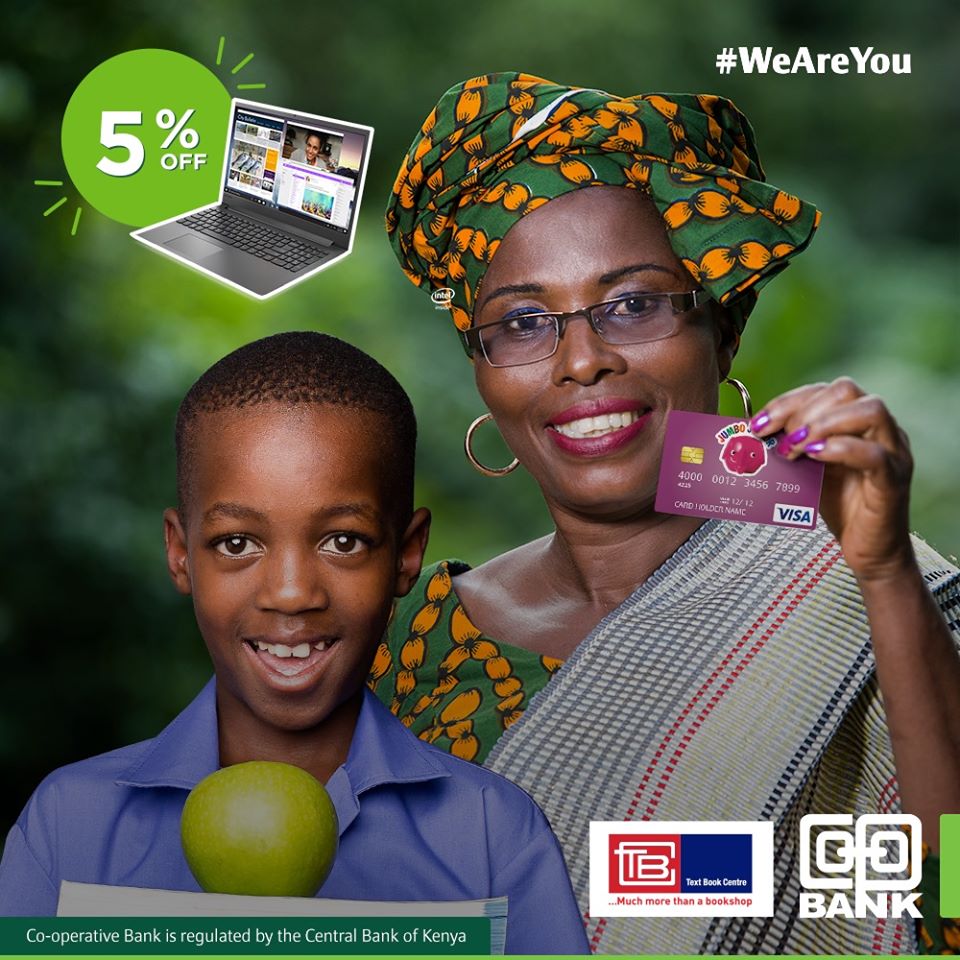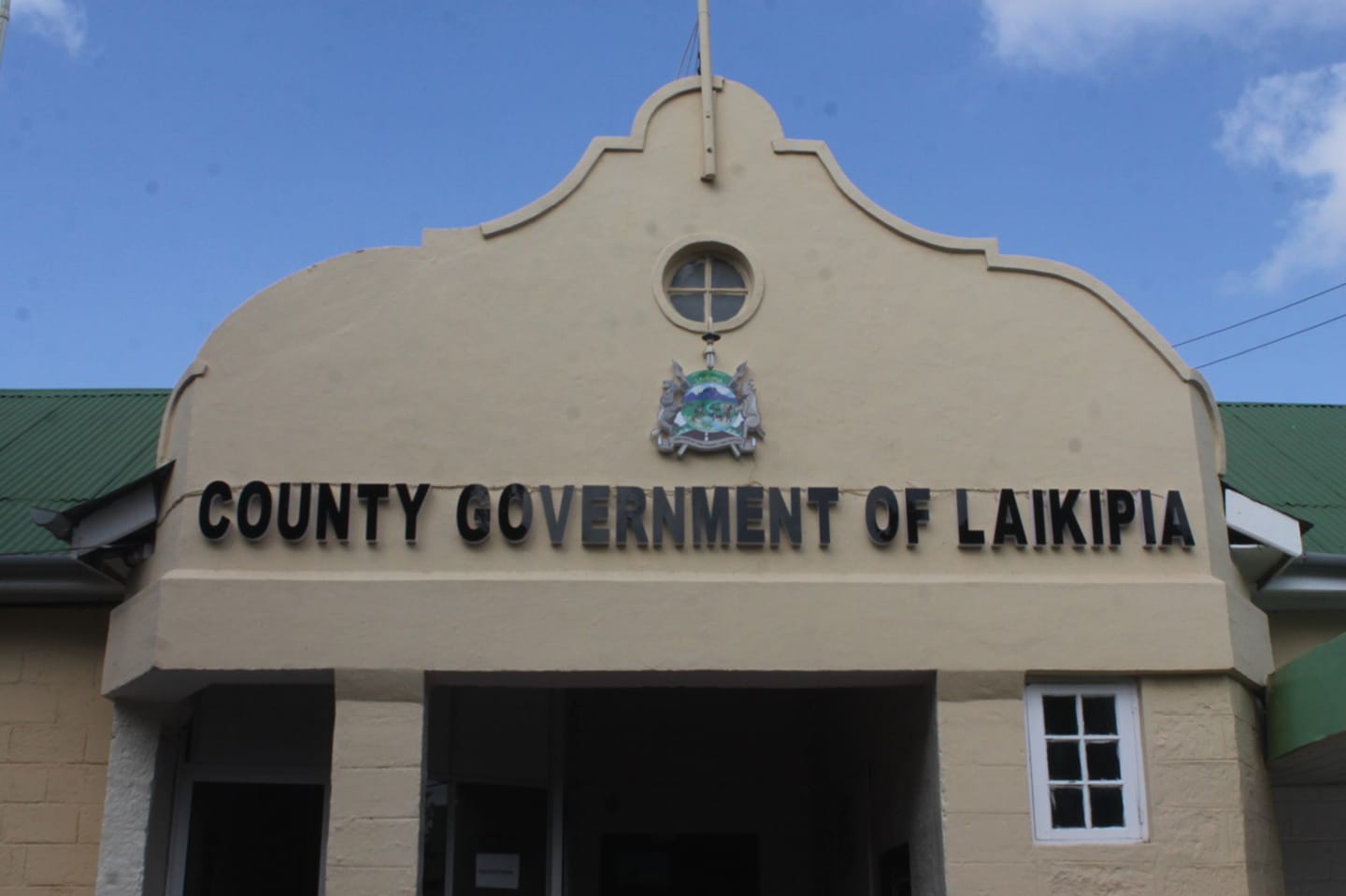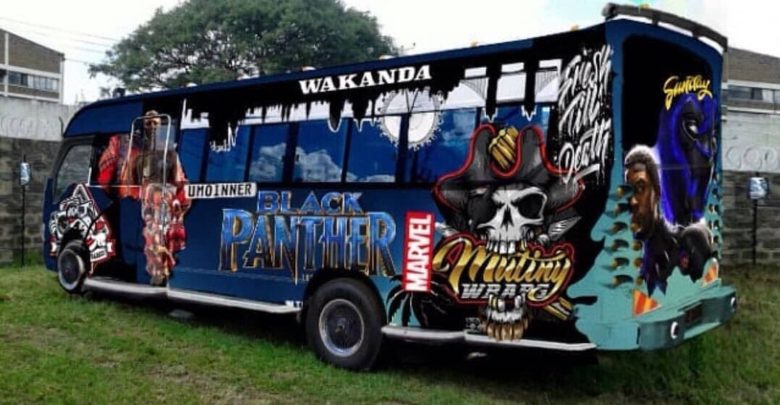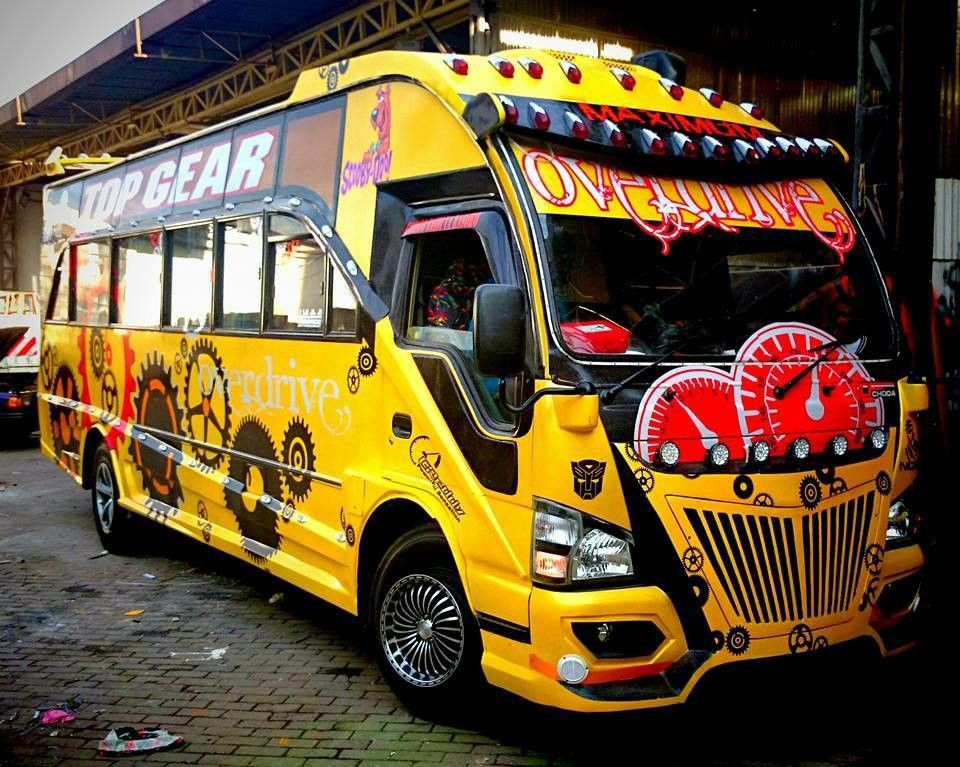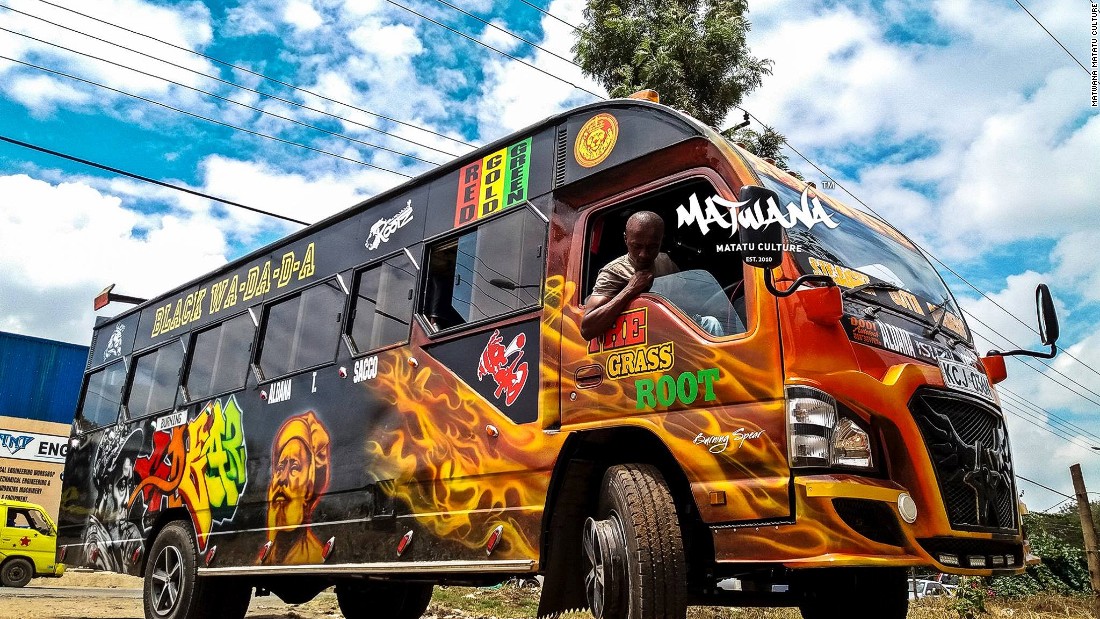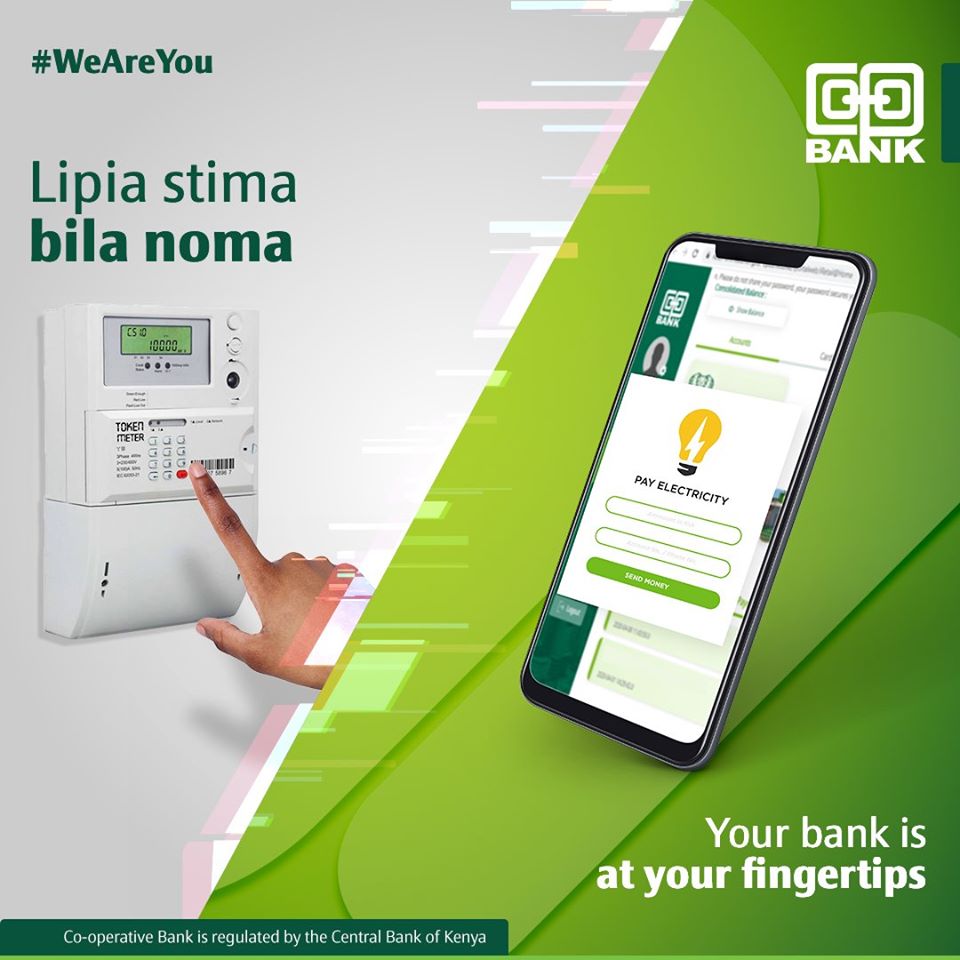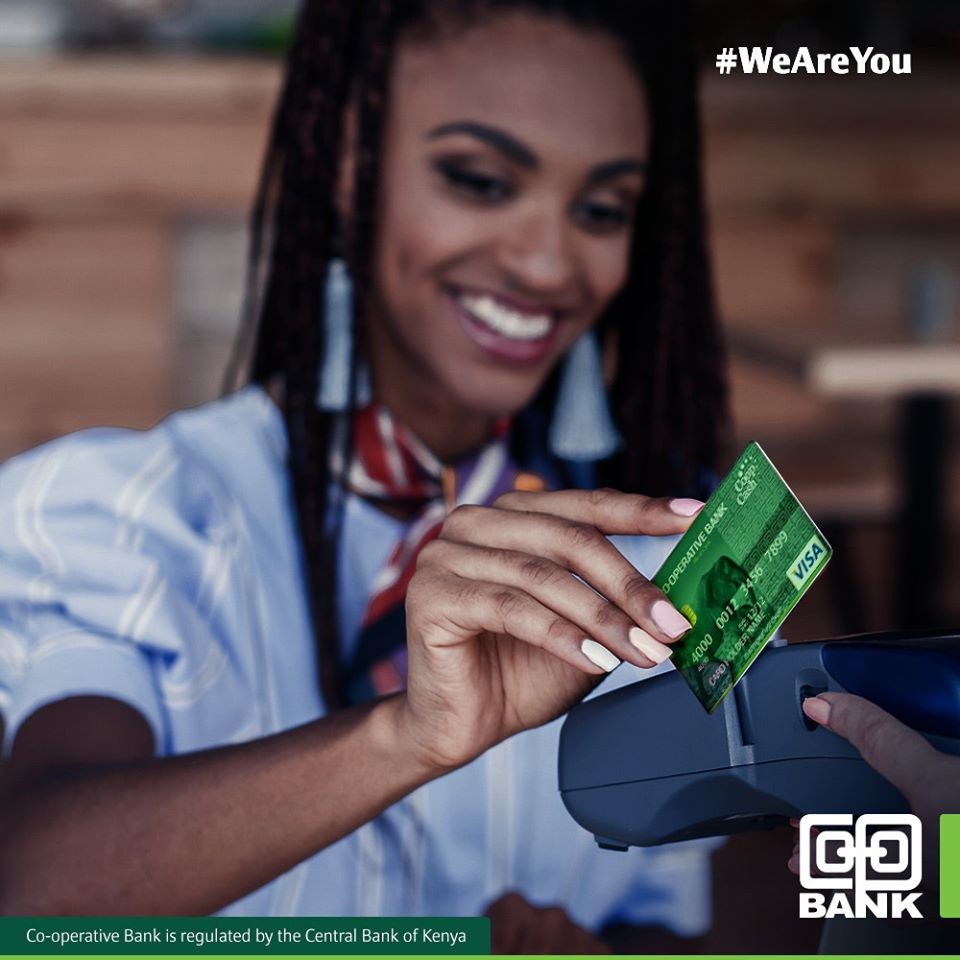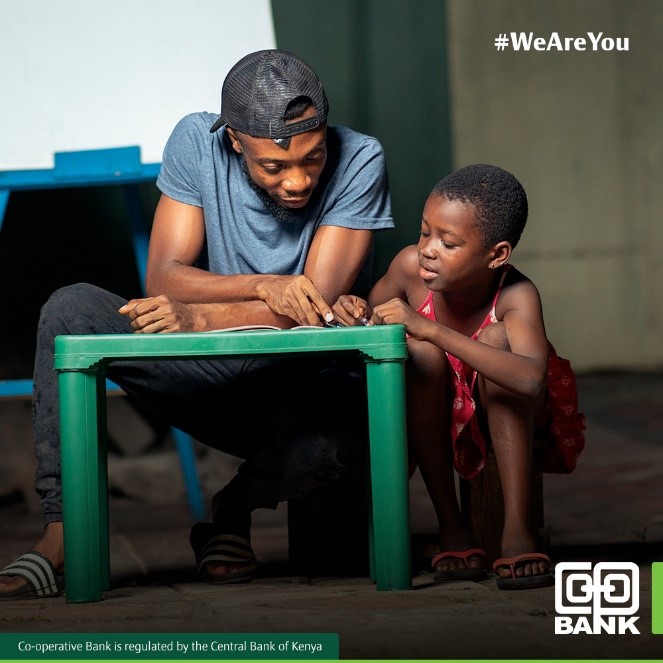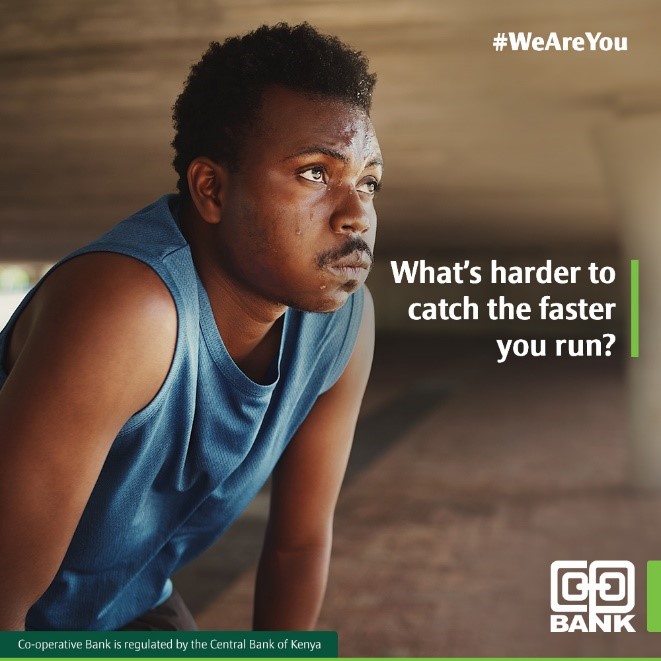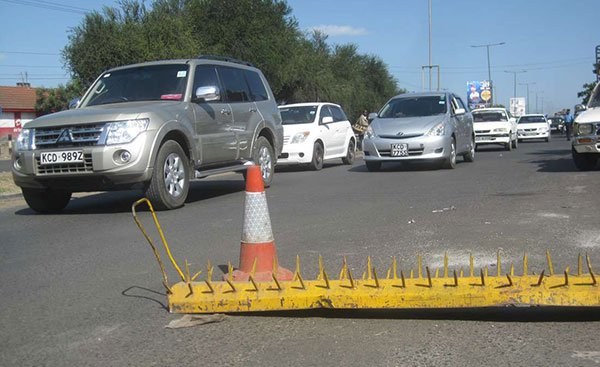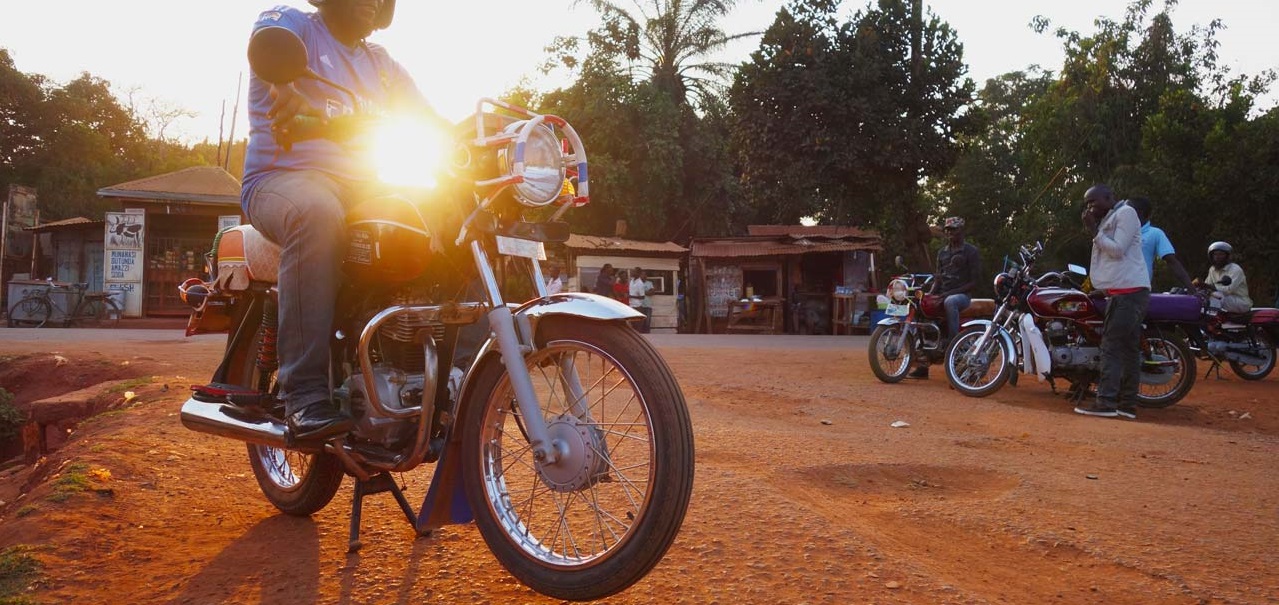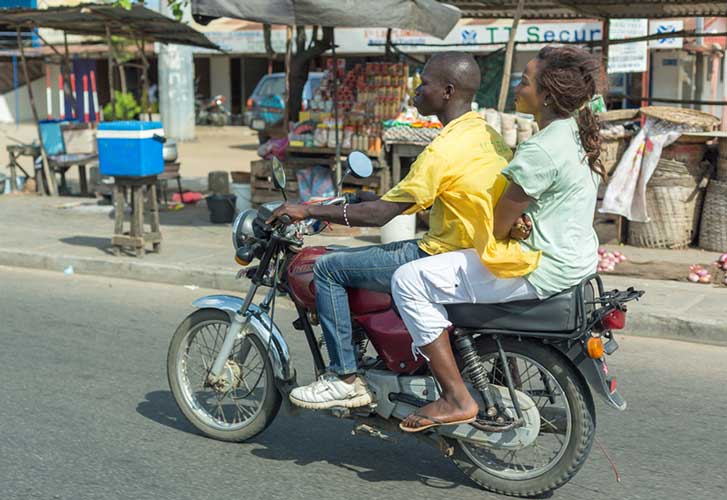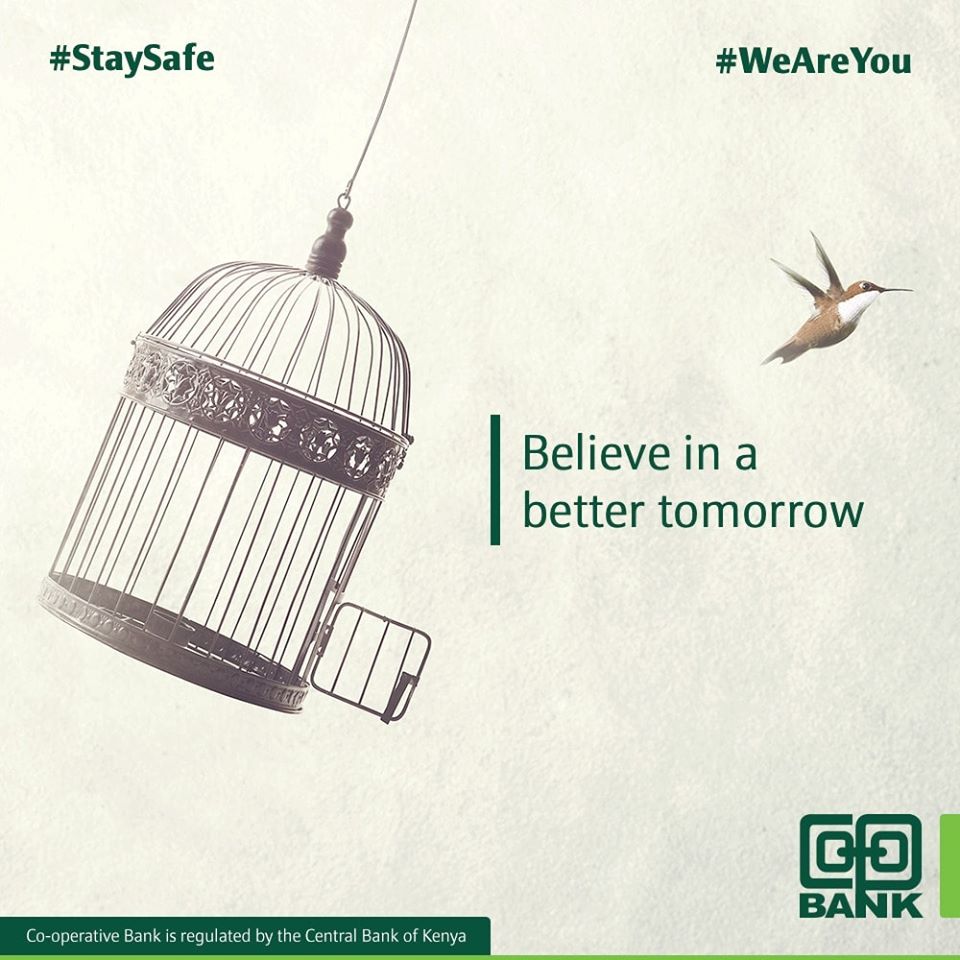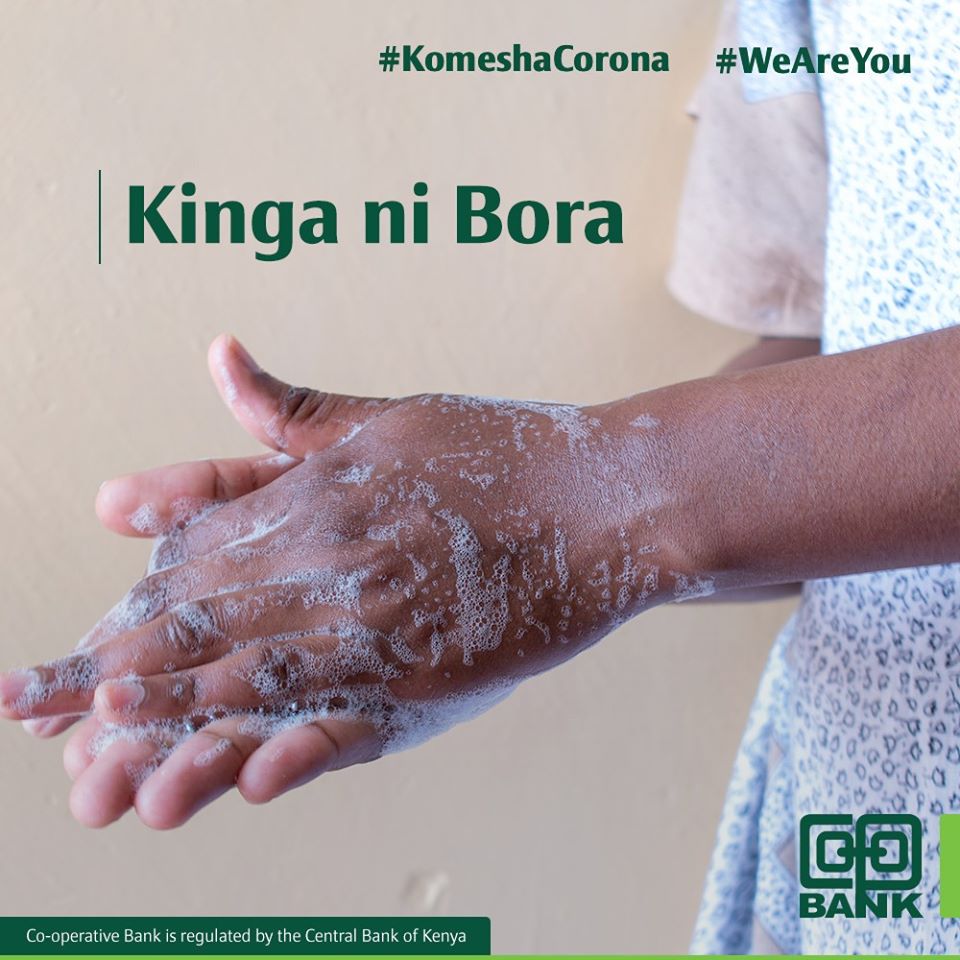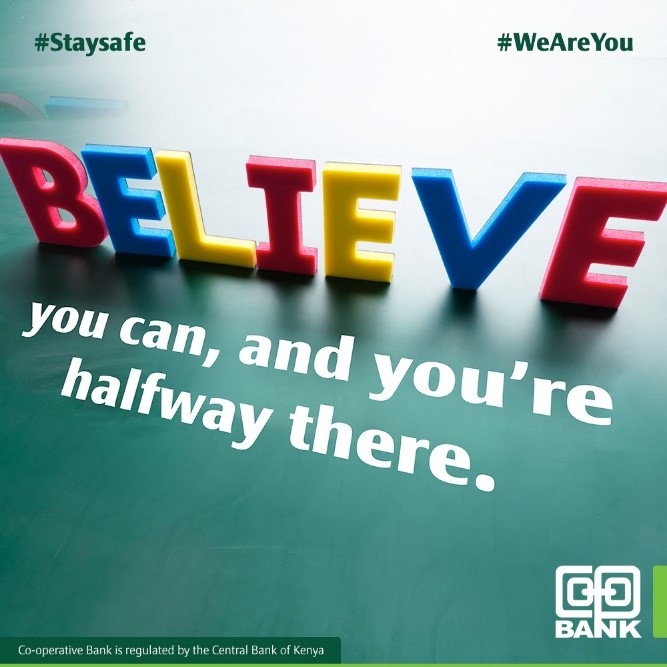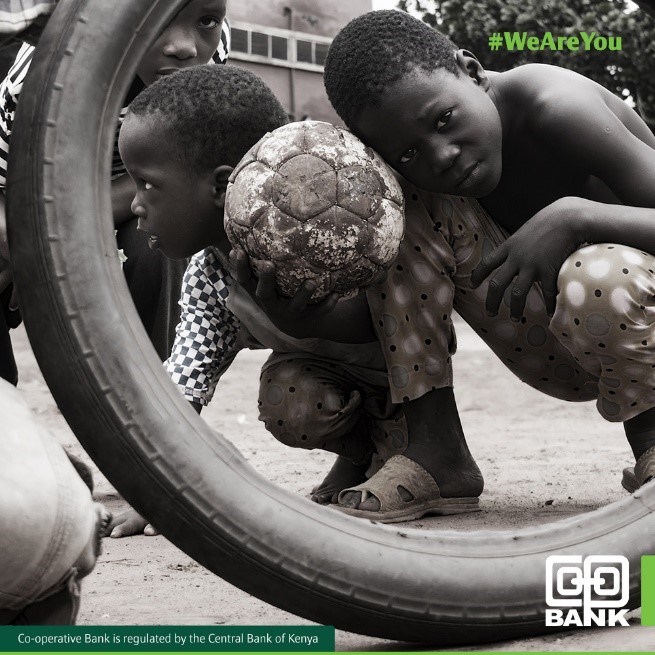Co-op Bank Group is reporting a Profit before Tax of Kshs. 14. 3 Billion for the financial year 2020 compared to Kshs. 20. 7 Billion recorded in 2019, and a Profit after tax of Kshs 10.8 Billion compared to Kshs 14.3 Billion in 2019.
This is a 23% reduction on account of increased Covid 19-related loan loss provisions and the absorption of currency translation losses in our South Sudan operation.

The Group has taken loan loss provisions of Kshs. 8.1 Billion,being a 220% increase from Kshs. 2. 54 Billion in 2019 in appreciation of the challenges that businesses and households are grappling with from the disruptions occasioned by the ongoing pandemic.
We continue to actively engage our customers to support them through this period, by re-aligning the servicing of facilities, funding and transactional needs as the situation unfolds. A total of Kshs.49 Billion in loans have been restructured to support customers impacted by the pandemic.
The Group has sustained the Balance Sheet growth with an Asset Base of Kshs. 537 Billion as at 31st December 2020.
The Group continues to implement proactive enterprise risk management initiatives to ensure uninterrupted business operations in the following ways;
Fortification of our digital channels to support uninterrupted access to banking services by customers; over 92% of our services are now on alternative bankingchannels.
Enhancement of digitization of internal bank processes and engagement platforms, to build contactless capabilities for both customers andstaff.
Adoption of a work-from-home model for the safety and wellness of bank teams,and ensuring safe spaces for staff who continue to serve in physical touch points.
Robust engagement with regulators to ensure full compliance andsupport.
Key financial highlights include; –
Balance sheet; The Group has seen sustained Balance Sheet growth as hereunder;
Total Assets grew by Kshs 80 Billion (+18%) to Kshs. 537 Billion compared to Kshs 457 Billion in the same period last year.
Net loans and advances book grew by Kshs 20 Billion(+8%) from Kshs.266.7 Billion to Kshs. 286. 6Billion.
Investment in Government securities grew by Kshs.44. 1 Billion (+37%) to Kshs. 161.9 Billion compared to Kshs.117.8 Billion in 2019.
Customer deposits grew by 13.8% from Kshs. 332.8 Billion to Kshs 378.6 Billion.
Borrowed funds from development partners grew by Kshs. 19.6 Billion (74.2%) to Kshs 46 Billion from Kshs.26.4 Billion in2019.
Shareholders’ funds grew to Kshs. 90.7 Billion (+14.4%) from Kshs. 79.3 Billion in 2019 enabling us to continue pitching for big ticket deals.
Profit &Loss
Totaloperatingincomegrewby11.1%fromKshs48.5BilliontoKshs53.8 Billion.
Total non-interest income grew by 1.9% from Kshs 17.2 Billion to Kshs 17.5 Billion.
Net interest income grew by 16.1% from Kshs 31.3 Billion to Kshs 36.3 Billion.
Total operating expenses grew by 41.7% from Kshs 27.8 Billion to Kshs.39.4 Billion on account of higher loan loss provisions.
Innovative Customer DeliveryPlatforms
Through our multi-channel strategy, the Bank has successfully moved over 92% of all customer transactions to alternative delivery channels, an expanded 24-hour contact centre, mobile banking, 576 ATMs, internet banking and over 23,000 Co-op Kwa Jirani banking terminals.
A successful Universal Banking model and the implementation of Sales Force Effectiveness has seen the Group serve over 8.8 million Account holders across allsectors.
Key focus on digital banking,with the all-telco Meo-op Cash Mobile Wallet continuing to play a pivotal role in the growth of non-funded income with 5 Million customers registered and loans worth Kshs 58.5 Billion disbursed in 2020.
Over 116,000 customers have taken up the MSME packages that we rolled out in 2018, and 10,750 have been trained on business management and planning. We have earmarked Kshs 23.5 Billion for MSME lending, with Kshs.16.8 Billiondisbursed to date through our E-Creditsolution.
Our unique model of retail banking services through Sacco FOSAs enabled us provide wholesale financial services to over 479 FOSA outlets, and issue over 1.4 million Sacco-Linkcards.
Co-op Bank has engaged a global consulting firm to conduct a Credit Risk Adaptation Project named ‘Project Kilele’.
Key objectives of the project are:
End-to-end assessment of credit risk management practices by undertaking a comprehensive diagnostic review touching on each area of credit risk, including credit risk management framework with a key focus on riskgovernance, credit risk appetite, origination and underwriting process, credit approval process, credit scoring/rating models, and pricing.
Strengthen portfolio assessment and risk frameworks.
Enhance Collection platforms aligned to the new business operating environment.
Subsidiaries
Co-op Consultancy & Insurance Agency posted a Profit before tax of Kshs 788.6 Million as at 31st Dec 2020, riding on strong penetration of Bancassurance business.
Co-operative Bank of South Sudan that is a unique joint venture (JV)partnership with Government of South Sudan (Co-op Bank 51% and GOSS 49%) made a Profit before tax of Kshs 107.8 Million in 2020.
This performance however translated to a monetary loss of Kshs 1.65 Billion attributable to hyper inflation accounting occasioned by currency devaluation of the South Sudanese pound.
Co-op Trust Investment Services contributed Kshs. 70 Millionin Profit before tax in 2020, with Funds Under Management standing at Kshs. 127.5 Billion compared to Kshs. 102.1 Billion as at 31st December 2019.
Kingdom Bank (former Jamii Bora Bank) has a profit before tax loss of Kshs.76.3 Million for the year.
Kshs. 49 Billion Loans Restructured to Support Customers on Covid-19 With the Covid-19 crisis, the Bank has proactively engaged all customers and reviewed the following;
Customers requiring an interest moratorium period,
Customers requiring a better structure/longer repayment period, and,
Customers requiring additional funding to manage the crisis.
In total, a portfolio of over Kshs. 49 Billion has been re-aligned to offer our customers this much-needed support.
Kingdom Bank Limited
Kingdom Bank Limited is a fully-fledged Commercial Bank, licensed and regulated by the Central Bank of Kenya, with over 444,000 customers in 17 branches.
The acquisition offers Co-op Bank the opportunity to cross-sell and deepen product offering to the enhanced customer base and create a niche bank to offer specialized credit offerings that include MSME Banking, Microfi nance, Youth & Women Banking, Asset Finance and Leasing.
The subsidiary reported a loss of Kshs.76.3 Million for the year 2020 and is expected to turn around its performance in 2021.
MSMEFinancing
The Group secured a long-term financing facility from the IFC (International Finance Corporation) amounting to Kshs. 8.25 Billion for on-lending to MSMEs at affordable terms.
The proceeds of the facility will support customers to better cope with the disruptions brought about by the pandemic, especially those operating in the following key business areas;
Micro small and medium enterprises(MSMEs)
Businesses undertaking Climate-Smart Projects, including agricultural inputs and sustainable agricultural practices, renewable energy, energy efficiency and relatedareas.
Corporate Social investment
Co-operative Bank Foundation has provided Scholarships to gifted but needy students from all regions of Kenya.
The sponsorship includes; fully paid secondary education, full fees for University education, Internships and career openings for beneficiaries.
The foundation is fully funded by the bank and has so far supported 7,713 studentssince the inception of the program.
The bank gave a cash donation of Kshs. 100 Million to the Covid 19 Emergency Respond Fund.
Being cognizant of the huge role that we play in supporting communities especially during this period, we continue to operate in an economically, socially and environmentally-responsible manner.

Dividend Payment
While maintaining adequate capital buffers in light of the current operating environment, the Board of Directors has approved a dividend payment of Kshs. 1.00 per ordinary share held (2019 – Kshs 1.00) to be paid on or about 14th April 2021 to the shareholders registered on the Bank’s Register at the close of business on 31st March 2021.
This will be a much-needed relief in a pandemic year to the over 15 million member Co-operative movement that predominantly owns the bank.
Accolades
It was another notable year as the Bank received recognition both locally and internationally, including the following;
Co-op Bank was named Bank of The Year in Kenya, in The FT Banker 2020 Awards run by the Financial Times of London.
Co-op Bank was named Best Bank in Kenya at the African Banking Awards 2020 organised by EMEA Finance.
This is the third time around, having also won in 2018 and 2019.
Co-op Bank signed up to the United for Wildlife 2018 Mansion House Declaration, thereby joining the United for Wildlife’s (UfW) Financial Taskforce committing to fight the illegal trafficking in wildlife, by way of building illegal wildlife trade into existing financial crime compliance programs.


